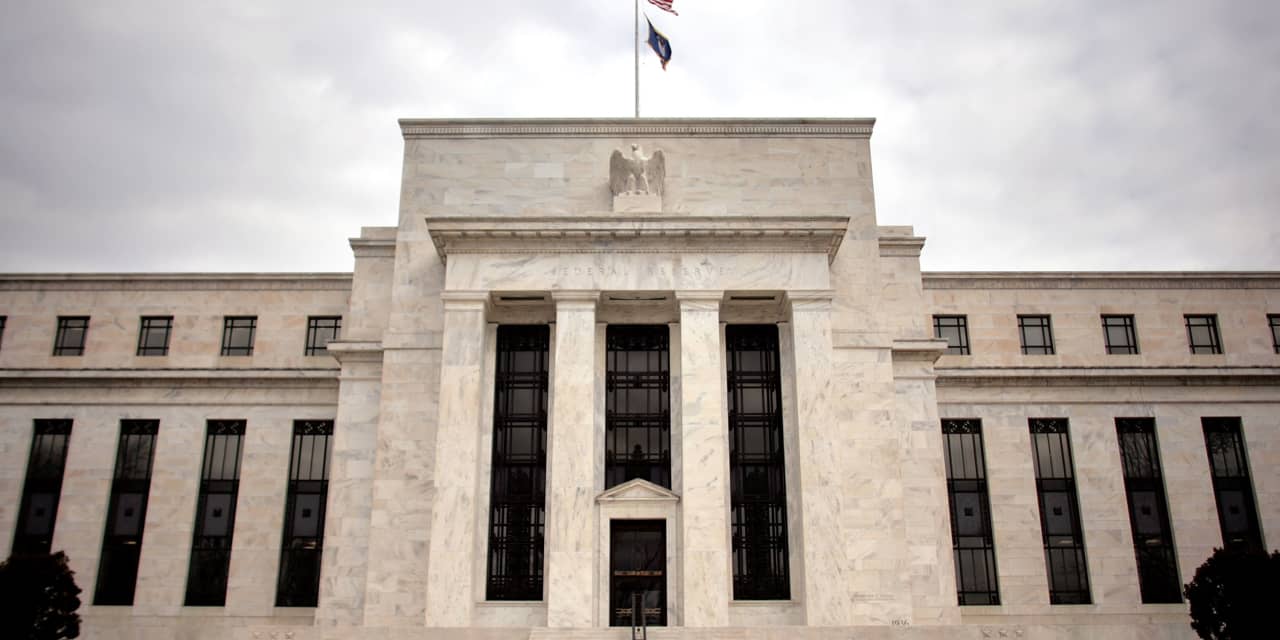The Federal Reserve signaled Sept. 20 that interest rates may need to rise further to beat inflation.
Chip Somodevilla/Getty Images
The Federal Reserve’s preferred measure of inflation edged lower in August, a sign that the fight against inflation is back on track after a summer spike, though price-growth pressures remain that could push the central bank to raise interest rates again.
The core personal-consumption expenditures price index, also known as the core PCE deflator, rose 3.9% year over year in August, down from a revised 4.3% in July and meeting expectations among economists surveyed by FactSet.
The core PCE deflator rose 0.1% month over month, down from 0.2% in July and below expectations of 0.2% among economists surveyed by FactSet.
At 3.9%, core PCE is at the lower level since September 2021 and now stands below 4%, a sign of progress amid the concern over the outlook for interest rates that has rattled markets in the past week.
“The Fed’s aggressive campaign is working,” Carol Schleif, the chief investment officer at BMO Family Office, said in a note. “The challenge is that core PCE remains almost double the Fed’s 2% target, prompting the Fed to keep the possibility of another rate hike in play.”
The
CME
FedWatch Tool, which tracks interest-rate futures, showed the odds of a rate increase at the Fed’s November policy meeting at 15%, down from 19% on Thursday.
Headline PCE, which includes the volatile food and energy prices that the core measure strips out, tells a less upbeat story, with higher oil prices pushing the cost of living upward. Headline PCE jumped 3.5% from a year ago, in line with expectations but the highest level since May.
Energy prices increased 6.1% from July, making them by far the largest contributor to the rise in PCE. Oil has rallied from its summer lows, sending the price of West Texas Intermeidate crude, the U.S. market benchmark, to its highest level in more than a year this week—a sign that these pressures will continue.
Investors—already in buying mode ahead of the inflation data as bond yields and the dollar eased back—seemed somewhat encouraged. Futures for the
Dow Jones Industrial Average
were up 200 points, or 0.6%, about 30 points higher than before the result.
Write to Jack Denton at [email protected]
Read the full article here










